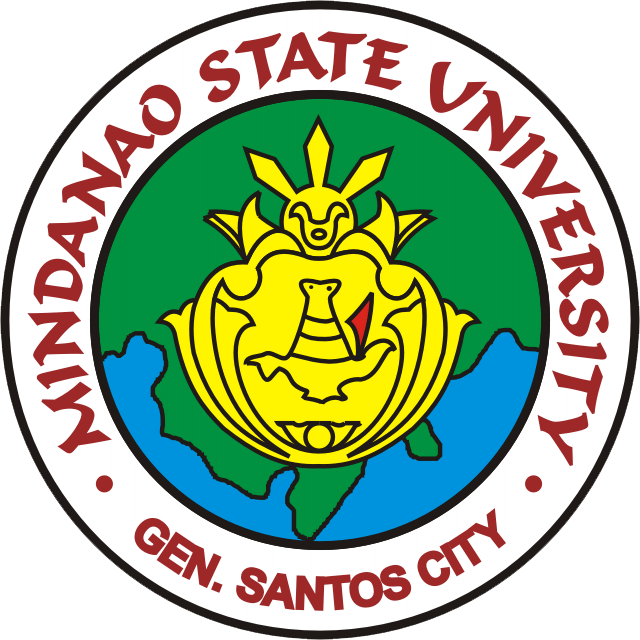This study investigated the water supply, sanitation, and hygienic practices among participants in Barangay Lomuyon along the Kiblis River, focusing on the prevalence of water-borne diseases and their contributing factors. Results of rapid rural appraisal (RRA) revealed that most residents utilized communal taps and hand pumps as their primary water sources. While most participants used closed containers for drinking water storage, a significant proportion still used open containers, posing potential contamination risks. Water treatment practices were not widely adopted, with most participants consuming untreated water. Sanitation facilities varied, with some participants needing access to toilets and relying on their neighbors. Maintenance issues were reported with water pipelines, and improper solid waste and sewage disposal practices were prevalent. The study identified several factors contributing to the transmission of water-borne diseases, including floods, flies, animal waste, uncollected garbage, poor hygiene practices, and superstitious beliefs. Contaminated food emerged as the primary cause, emphasizing the need for improved food handling and storage practices. The prevalence of water-borne diseases was higher during the wet season and monsoon periods, with diarrhea being the most prevalent. Healthcare consultation patterns indicated a reliance on self-medication, highlighting the importance of professional medical consultation. All these conditions and practices had contributed to prevalent occurrences of water-borne diseases in this community. Comprehensive approaches such as improving water quality, promoting hygiene education, implementing targeted interventions, enhancing sanitation facilities, and promoting appropriate healthcare consultation and treatment practices are thus warranted. Through these interventions, health and hygienic status of Kiblis River dwellers will be improved, thereby resulting in lower numbers of water-borne diseases in these areas.
Author
Ashley Nicole L. Adris
Abstract
SY
2023
Program
Bachelor of Science in Biology
Department
Department: Science
College
College: Natural Sciences and Mathematics
